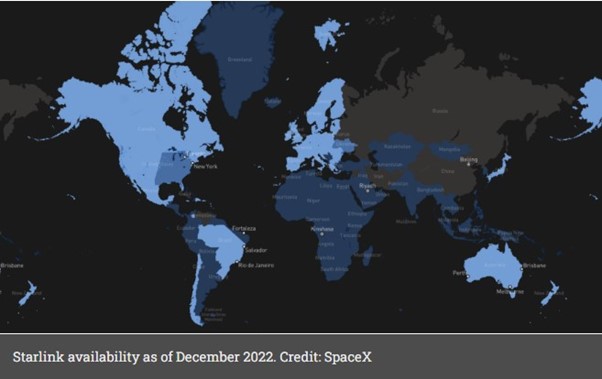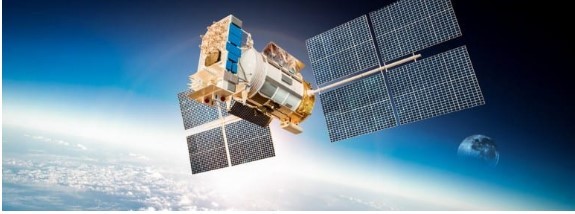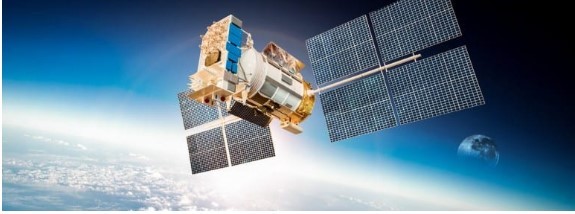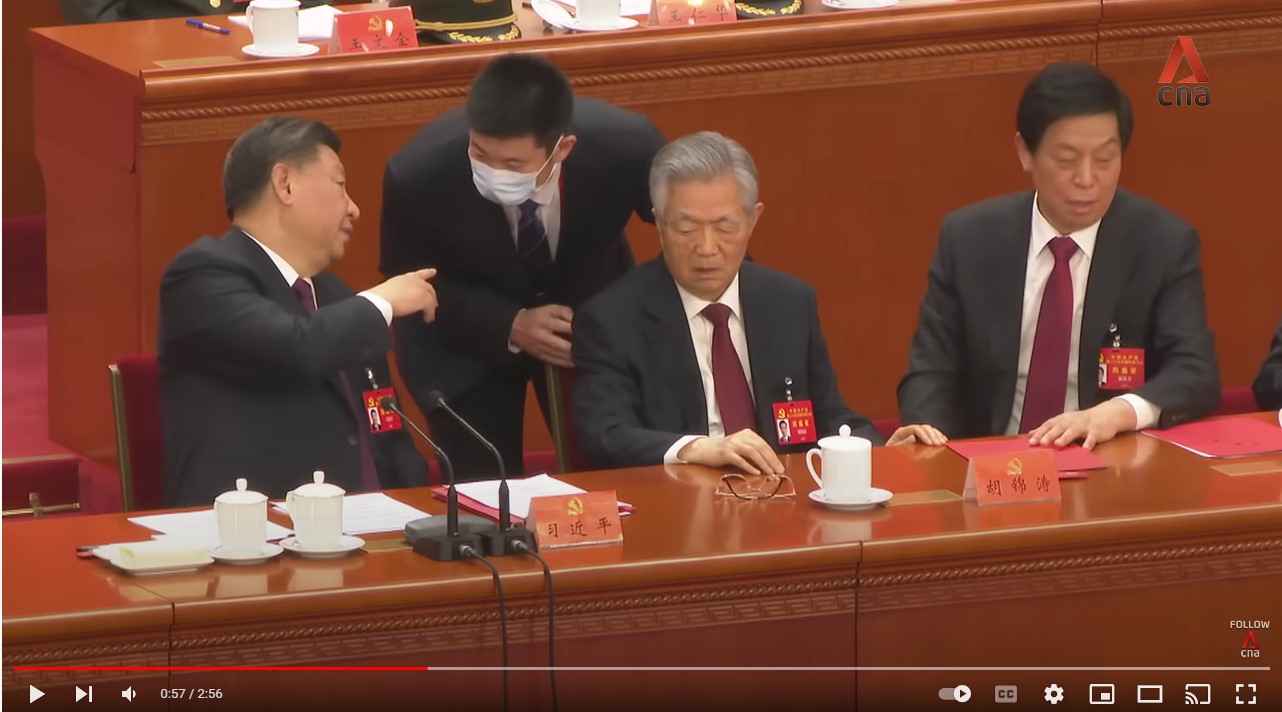US Regulators Must Help American Satellite Companies Stave Off Growing Threat From China
America’s dominance in so-called space broadband – where small satellites provide global bandwidth for commercial and military use – is fast being challenged by China, according to a new study.
The Center for Strategic and International Studies says 38% of the worldwide revenues from Low Earth Orbital (LEO) satellites go to American companies.
But it warns, unless firms receive more regulatory and economic support from the US government, they will end up ceding their competitive edge to the Communist Party of China (CCP).
According to the report’s authors it is a threat which lawmakers have yet to fully appreciate.
“Policymakers in Washington and many allied nations now appreciate the risks that Chinese vendors pose in 5G networks, undersea cables, and other vital communications links,” the study said. “But they have yet to consider the economic and strategic implications of LEO satellite constellations, which promise to deliver quality and continuous coverage in underserved markets and bring more of the world online. In addition to reaping vast commercial rewards, nations with leading LEO broadband providers could enjoy increased economic benefits, resiliency, greater control over international communications networks, and more accuracy in position.” The importance of LEO satellites to rural communities without access to conventional broadband is obvious, but what has become clear from the Ukraine War is the key military role it can play as well. Elon Musk’s Starlink satellites have enabled Ukrainian soldiers to compete on equal terms when it comes to communications with Russia, a country with vast economic resources at its disposal in contrast to its smaller neighbour.

Starlink LEOs have also proved extremely resilient when it comes to Russian cyber-attacks to try and jam their signals.
Dave Tremper, director of electronic warfare for the Office of the United States Secretary of Defense, said he was impressed by how quickly the attacks were repelled.
“Starlink had slung a line of code and had fixed it and suddenly that was not effective anymore,” Tremper said. “How they did that is kind of eye-watering to me.”
China is late to the game when it comes to LEOs but committing significant resources in order to fulfil President Xi Jinping’s demand that it become a space superpower.
The study by the the Center for Strategic and International Studies identifies China as the greatest competitor to the US when it comes to LEO satellites, pointing to how the CCP has proposed a 13,000 strong satellite constellation to serve the needs of businesses and consumers in its retail market. It will also seek to gain a competitive edge over the US, as it has done before, via the seemingly limitless funds which come via state-owned enterprises (SEO) supported by government banks.
Commissioned by satellite broadband firms Amazon Kuiper and Space X, it warns: “Today, the United States holds an advantage in the competition over LEO broadband, as just under 50% of new companies seeking to operate in LEO originate in the country. But as China continues to further its ambitions for its own LEO broadband network, which may fall somewhere in the gray zone between commercial and governmental, the United States could lose its competitive edge.”
“US leaders should aim to increase soft power across the globe by working with commercial companies that can successfully operate broadband internet constellations,” the report adds. “With China’s heavy economic presence in many Belt and Road partner countries, it’s positioned to negotiate regulatory concessions for its national LEO system while discouraging the adoption of US commercial services.”
Speaking at CSIS to discuss the study, FCC Commissioner Brendan Carr said: “This latest generation of low Earth orbit satellites is absolutely a game changer.”
He said, US industry needs to remain competitive. “There’s no technology sector that we as Americans should cede leadership to the Communist Party of China. The CCP has set their goals on dominating a lot of technology sectors, but one of them is this low Earth orbit satellite system.”
In the US government, he added, “we have to give the tools to our private sector to compete and to win.”
For the FCC, that means “making sure that we have the spectrum available, and that we don’t introduce new services that could cause harmful interference to these technologies. Most importantly, we have to go faster.”
Carr said the FCC plans to stand up a space bureau “to help speed things up.” Congress also is stepping in. He expressed support for a House Energy and Commerce Committee bipartisan bill introduced Dec. 8 to reform the FCC’s satellite licensing rules.
“Fundamentally at the FCC we have to go faster on our approvals,” he said. The agency also needs to address concerns about companies in the US having to disclose competitive secrets earlier than if they were licensed in other countries.
“We’re gonna [sic] make sure it’s not a competitive disadvantage,” said Carr.
As of November 2022, Starlink has launched over 3,500 satellites and offers coverage in more than 50 markets across North America, South America, Europe, Japan, Australia, and New Zealand.
Kuiper plans to launch 1,618 satellites by 2026, and deploy a total of about 3,200.
SpaceX has requested authorization from the Federal Communications Commission (FCC) for another 30,000 satellites, and received authorization for 7,500 so far.

Chinese start-up GalaxySpace, meanwhile, launched China’s first low earth satellite constellation back in March this year. It plans to launch 1,000 satellites.
Northern Sky Research (NSR) predicts that satellite communications will become the biggest single sector of the global space economy in terms of revenue by 2030. The research firm reckons the overall space market will generate cumulative revenue of $1.25 trillion by 2030.
















































































































































































